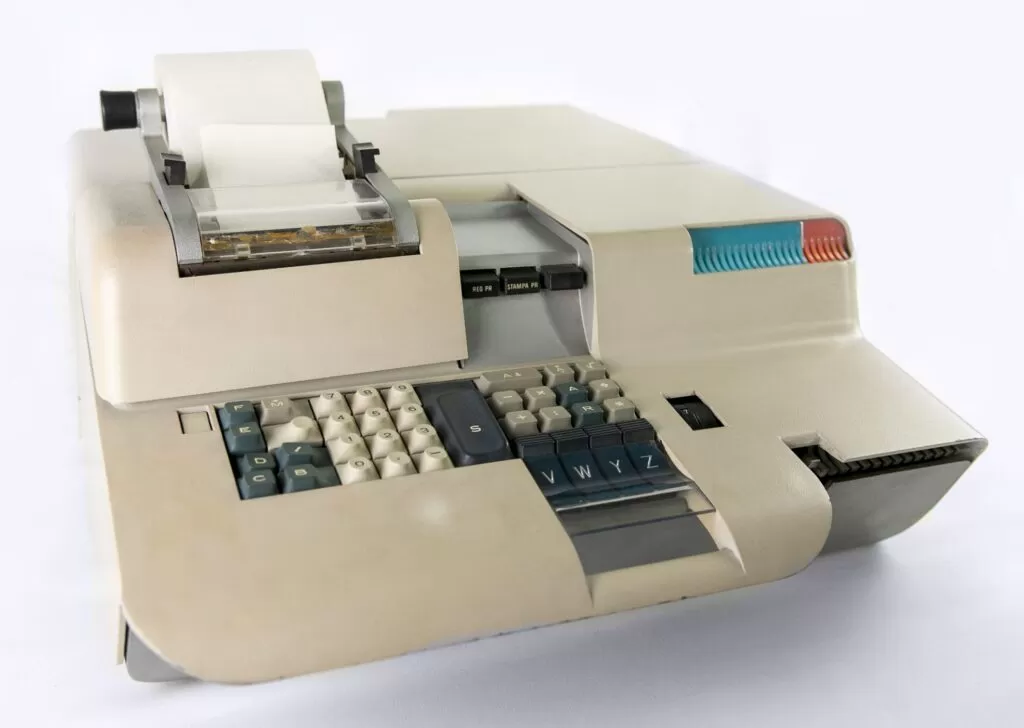
What does it mean to be a SysAdmin?
A lot of us call ourselves SysAdmins (aka System Administrators1) and, sometimes, that’s what our job title might be. You might not even realize that you’re a SysAdmin.
You might already be a SysAdmin, whether you are aware of that fact or not, or if you exhibit some propensity towards system administration. Let’s look at some of the tasks a SysAdmin may be asked to perform and some of the qualities one might find in a SysAdmin.
Wikipedia1 defines a system administrator as “a person who is responsible for the upkeep, configuration, and reliable operation of computer systems, especially multiuser computers, such as servers.” In my experience, this can include computer and network hardware, software, racks and enclosures, computer rooms or space, and much more.
The typical SysAdmin’s job can include a very large number of tasks. In a small business a SysAdmin may be responsible for doing everything computer related. In larger environments, multiple SysAdmins may share responsibility for all of the tasks required to keep things running. In some cases, you may not even know you are a SysAdmin; your manager may have simply told you to start maintaining one or more computers in your office – that makes you a SysAdmin, like it or not.
There is also a term, “DevOps,” which is used to describe the intersection of the formerly separate development and operations organizations. In the past this has been primarily about closer cooperation between development and operations and it included teaching SysAdmins to write code. The focus is now shifting to teaching programmers how to perform operational tasks.2 Attending to SysAdmin tasks makes these folks SysAdmins, too, at least for part of the time. While I was working at Cisco, I had a DevOps type of job. Part of the time I wrote code to test Linux appliances and the rest of the time I was a SysAdmin in the lab where those appliances were tested. It was a very interesting and rewarding time in my career.
I have created this short list to help you determine whether you might have some of the qualities of a SysAdmin. This list is not in any particular order. You know you are a SysAdmin if…
- You are curious about how things work, especially computers.
- You think my books and articles are a fun read.
- People frequently ask you to help them with their computers.
- You check the servers every morning before you do anything else.
- You write shell scripts to automate even simple tasks.
- You share your shell scripts.
- Your shell scripts are licensed with an Open Source license.
- You know what Open Source means.
- You document everything you do.
- You have hacked the wireless router to install Linux software.
- You find computers easier to interact with than most humans.
- You understand :(){ :|:& };:
- You think the command line is fun.
- You like to be in complete control.
- You are root.
- You always say “no” when the pointy-haired-boss (PHB) asks you to do something.
- After discussion and discovering what the PHB really wants to accomplish, you know it can be done in 30 seconds with a shell script you have already written, but you tell them it will be “a few days.”
- You understand the difference between “free as in beer,” and “free as in speech,” when applied to software.
- You have installed a computer in a rack enclosure.
- You have replaced the standard CPU cooling fan with one that dissipates more heat.
- You purchase the parts and build your own computers.
- You use liquid cooling for your CPU.
- You install Linux on everything you can.
- You you have a Raspberry Pi connected to your television.
- You use a Raspberry Pi as a firewall for your home network.
- You run your own Email, DHCP, NTP, NFS, DNS, and/or SSH servers.
- You have hacked your home computer to replace the processor with a faster one.
- You have upgraded the BIOS in a computer.
- You leave the covers off your computer because you replace components frequently.
- The router provided by your ISP is in “pass through” mode.
- You use a Linux computer as a router.
- …etc…
You get the idea. I could list a lot more things that might make you a good candidate to be a SysAdmin but I am sure you can think of plenty more that apply to you.
The fundamentals
The are some fundamental attributes that are common among the SysAdmins I’ve met — either in-person or on-line.
You are curious, you like to explore the internal workings of devices, you want to understand how things work – particularly computers. I started early. I grew up in the 1950’s when every radio and TV came with a circuit diagram and everything was fixable at the component level. I use to study those diagrams. I purchased books that showed pictures of the TV screen and the visual symptoms such as lack of horizontal or vertical sync, and then list the functions of the tubes that would cause the problem and list the tube types that performed those functions. I borrowed books on electronics from the library and read them, although I certainly didn’t understand everything I read.
You enjoy helping people. If our TV or a neighbors had a problem, I’d refer to my books and make a determination of the root cause of the problem. I’d then walk to the grocery store and test the tubes I though were causing the problem, purchase a new one, and install it in the TV. I was very good at that. Later, I worked in an audio store and then I was the service manager at another audio store. There weren’t any big-box stores then. I ultimately ended up at IBM where I first fixed computers and machines like keypunches, then went on to writing training courses. I still help people “fix” their computers by installing Linux for them.
You would rather be in control of at least some of the technology that we encounter in our daily lives than to let it completely control you. I first encountered computers in my youth, reading Science Fiction. When I started my work life I had one job where I was one of four estimators for an elevator company. That job required lots of fairly basic math to ensure that the elevators that carried people and freight up and down large and small buildings would be priced properly with all of the necessary components to work well.
At that time, in about 1968, there were a couple programmable desktop calculators that became available. I explored those for my job and we purchased an Olivetti Programma 1013, like that in Figure 1. This tool made life much easier for us. And I was in control.

As I programmed the P101 for the tasks for which we’d purchased it, I began to be more curious about the device itself. Just like that I became more interested in computing tools than in the tasks they were obtained to perform. That curiosity and need to be hands-on so I could have control, ultimately led me to Linux in 1996, and I eventually converted all of my several computers to Red Hat Linux — that was the one I could purchase in a box at CompUSA. The rest is history, as they say.
- Wikipedia, system administrator, https://en.wikipedia.org/wiki/System_administrator ↩︎
- Charity, “Ops: It’s everyone’s job now,” https://opensource.com/article/17/7/state-systems-administration ↩︎
- Wikipedia, Olivetti Programma 101https://en.wikipedia.org/wiki/Programma_101 ↩︎